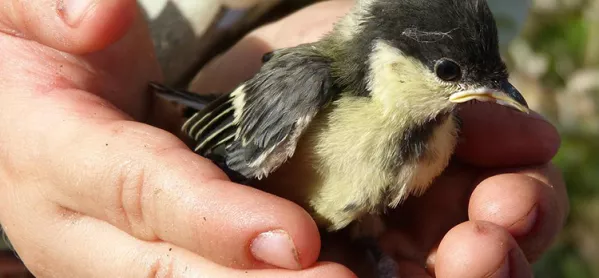Trainee teachers are receiving less than a day’s worth of training on how to tackle safeguarding issues, a new investigation reveals.
A freedom of information request by the children’s charity NSPCC found that students on undergraduate courses received an average of 10.5 hours of safeguarding training - equivalent to a day and a half - over a three-year or four-year course.
Postgraduate trainees, meanwhile, received even fewer hours of safeguarding tuition. Primary trainees received an average of 7.9 hours of safeguarding guidance over the course of the year. And secondary trainees received only 7.8 hours across the year.
‘Shocking’
Andrew Hall, a safeguarding consultant, said: “That’s shocking. That’s a worry, isn’t it? But it’s not a surprise. As part of my job, I talk to new teachers about the training that they’ve had, and this is very much in line with what they’re saying.”
Asked how much safeguarding training he received during his PGCE year at York University, one Hull teacher said: “I think it was an afternoon. It was a cursory discussion of the symptoms we might be looking for, then, ‘Go forth on placement, and speak to your child-protection person’. It wasn’t exactly rigorous.”
Vanessa Johnston, a teacher in a South Yorkshire primary, said that she did not remember safeguarding being covered during her three-year education degree. “Duty of care wasn’t really covered,” she said. “I didn’t even realise that that was part of my role.”
When she then encountered her first safeguarding case, as a newly qualified teacher, she did not have the necessary training to handle it. “I kept panicking about doing the right thing,” she said. “There had been no practice at university, no examples of how to ask open questions.
“I didn’t write anything down. And I was probably asking leading questions. The headteacher trained me as it happened. If I hadn’t had that big thing happen, I wouldn’t have had my eyes opened.”
‘Critical position’
Chris Cloke, the NSPCC’s head of safeguarding in communities, said: “Teachers are in a critical position, in having contact with the majority of children and young people. And therefore they carry a very heavy responsibility.
“A safeguarding case could present itself in their very first week, when they’re new to school and facing other pressures as well. If they respond in an insensitive way, it could put children off talking. Children may clam up. There’s certainly the risk of making the situation worse.”
For a full analysis of this issue, see the 31 March edition of Tes. Subscribers can read the full story here. To subscribe, click here. To download the digital edition, Android users can click here and iOS users can click here. Tes magazine is available at all good newsagents.
Want to keep up with the latest education news and opinion? Follow Tes on Twitter and like Tes on Facebook




